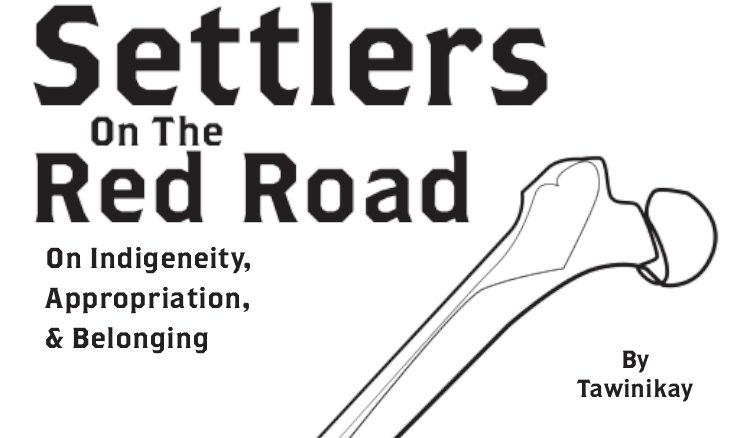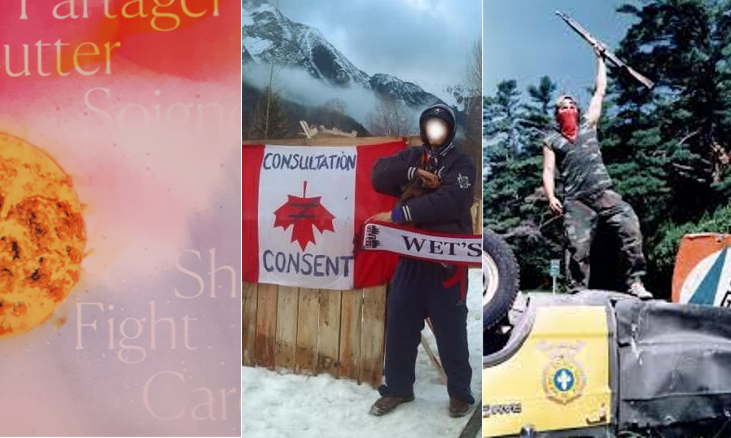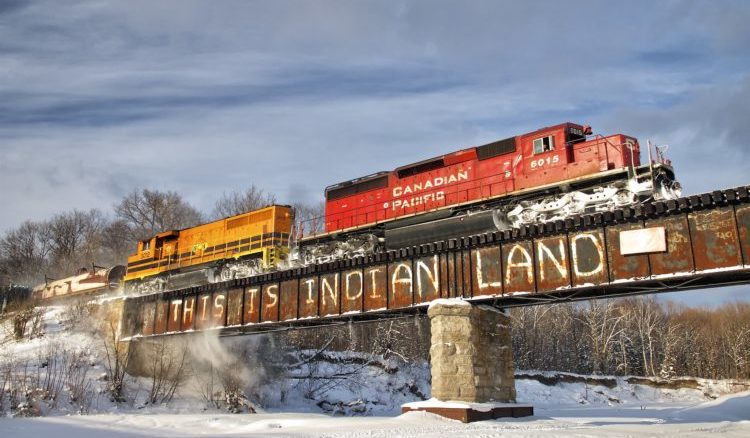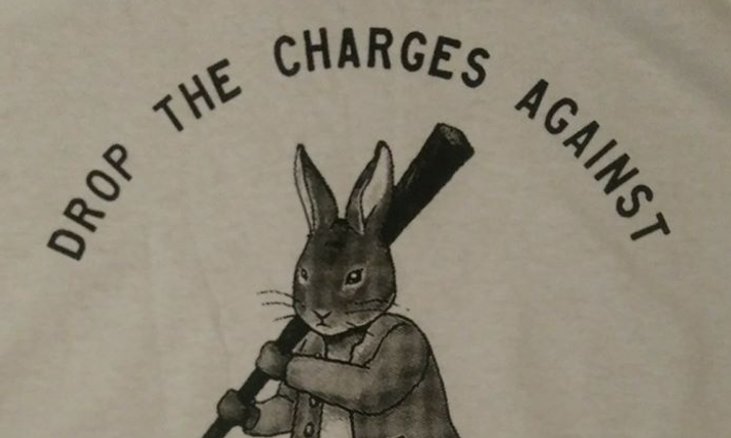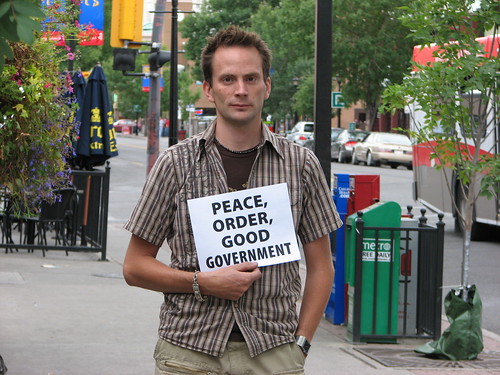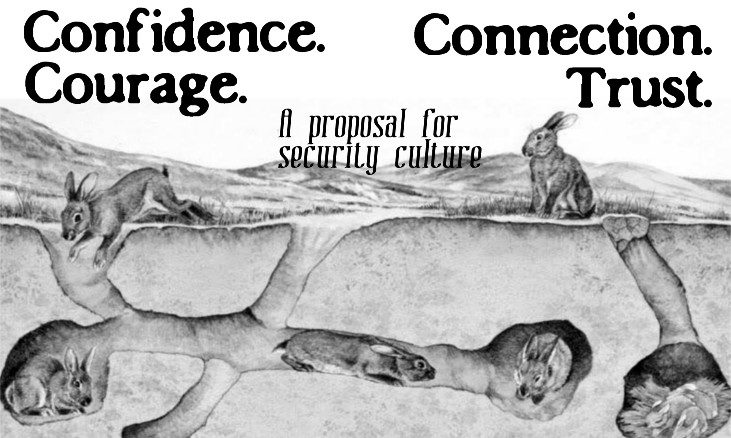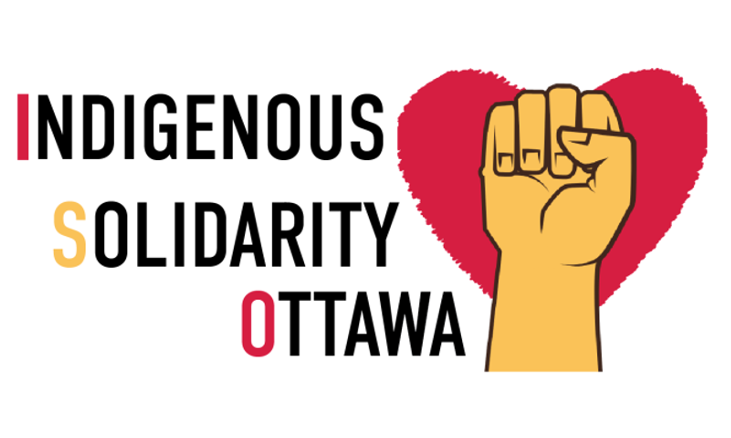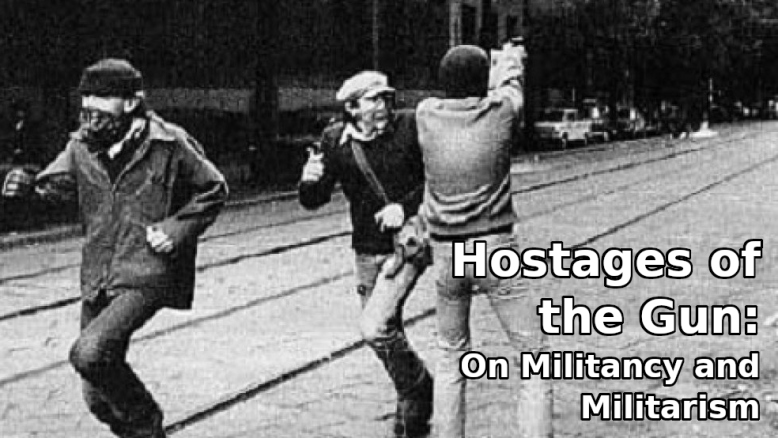
Hostages of the Gun: On Militancy and Militarism
Political violence is a delicate topic—and not only because of how easy it is to find ourselves getting criminalized for conversations among comrades about violence.
Violence is something to take very seriously, since how we choose to use or respond to it shapes our struggles and ourselves. I do believe violence changes us, for better or for worse. We can’t choose to escape the violence of capitalism, and likewise the violence of colonization, racism, and patriarchy is inescapable for many. We can, however, choose how to use violence in our struggles against those forces. Read More …

